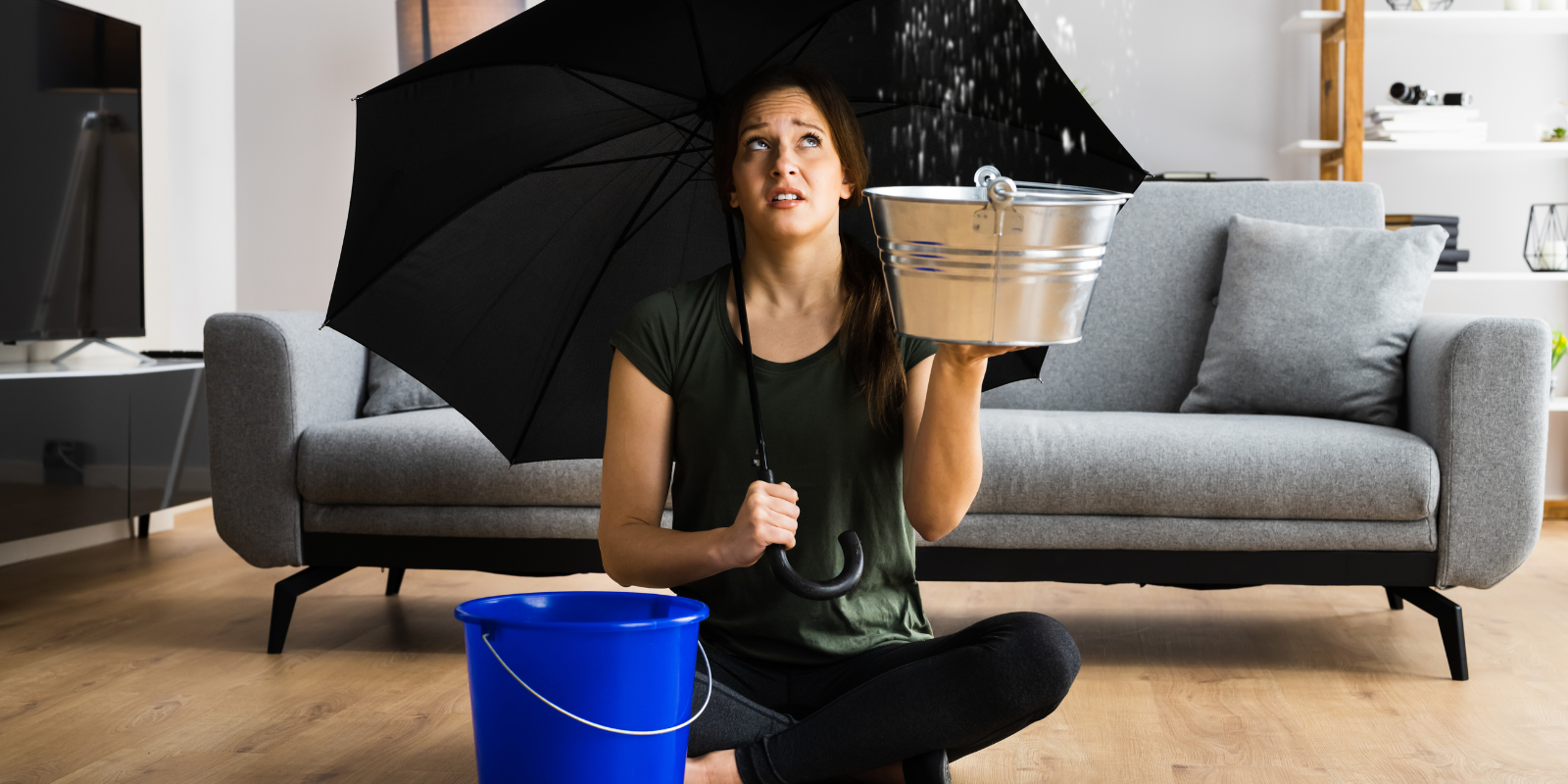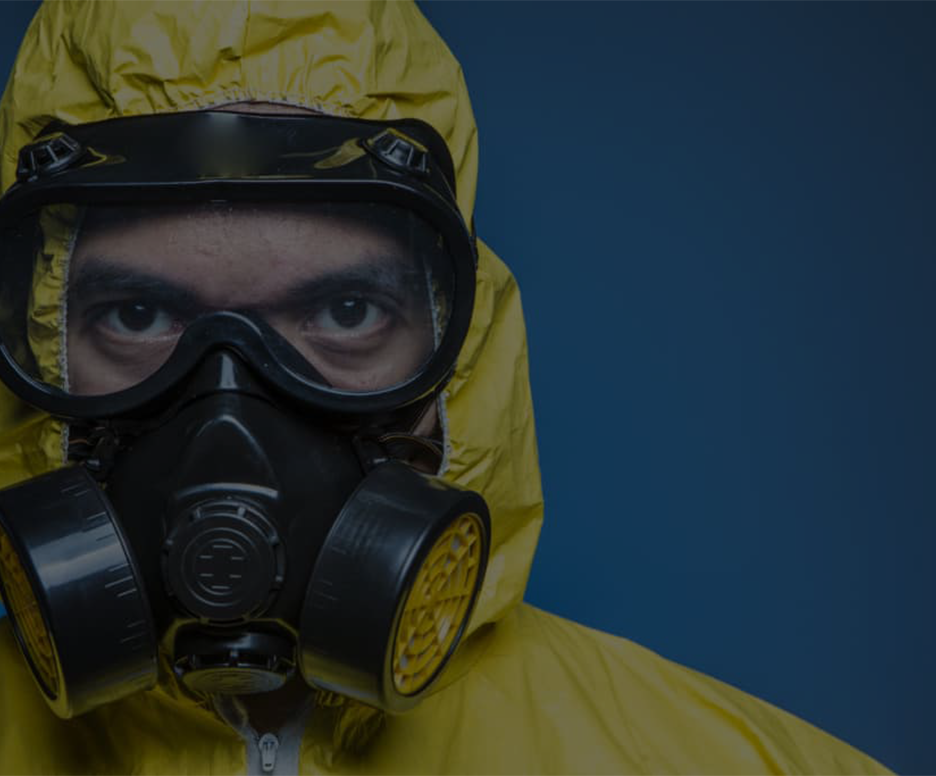
What Do I D0 When My Ceiling Collapses From A Water Leak And Who Do I Call?
By: 911 Water Damage Experts
Ceiling collapses can be alarming and dangerous, especially when they are caused by a water leak.
It is essential to act swiftly and take the necessary steps to address the situation effectively. In this article, we will guide you through the process of what to do when your ceiling collapses due to a water leak, ensuring your safety and minimizing further damage.
Let’s get right into it!
1. Introduction
The sight of a collapsed ceiling can be overwhelming, but it’s crucial to stay calm and approach the situation with caution. A ceiling collapse resulting from a water leak can pose risks to your safety and property. It’s important to understand the immediate steps to take to mitigate the damage and prevent further issues. The quickest way to solve this is to contact a professional water damage company near you.
They will have the expert knowledge and the equipment to ensure you’re safe and that your home is restored properly.
2. Assess the Situation
The first step is to assess the severity of the ceiling collapse. Be cautious of any potential risks, such as electrical hazards or structural instability. If the collapse is significant or poses an immediate threat, evacuate the area and seek safety outside the affected zone. Once you’ve ensured your safety, proceed with evaluating the situation.
3. Ensure Safety First
Your well-being is of utmost importance. If you notice exposed electrical wires or if there is a risk of electrical shock, avoid touching anything and immediately contact an electrician. Structural instability is another concern, so be mindful of sagging or compromised ceilings. Additionally, water leaks can lead to mold growth, which can be harmful to your health. If you suspect mold, it’s crucial to take precautions and wear protective gear before handling any materials.
4. Stop the Water Leak
Identifying and stopping the water leak is essential to prevent further damage. Locate the source of the leak and take appropriate action. In some cases, turning off the main water supply may be necessary to halt the flow of water. For complex leaks or emergencies, it is advisable to contact a professional plumber who can quickly and effectively address the issue.
5. Document the Damage
Before initiating any repairs, document the ceiling collapse and water damage. Take photographs or videos that clearly capture the extent of the damage. These records will serve as valuable evidence when filing insurance claims and can help expedite the claims process.
6. Contact Your Insurance Provider
Notify your insurance company as soon as possible to report the incident and begin the claims process. Provide them with accurate and detailed information about the ceiling collapse and the water leak. Promptly responding to their requests and keeping open lines of communication will facilitate a smoother claims experience.
7. Mitigate Further Damage
While waiting for professional assistance, take steps to minimize further damage. Place buckets or tarps strategically to collect water and prevent it from spreading. Use dehumidifiers or turn on fans to promote air circulation and aid in drying out the affected area. Removing wet materials, such as furniture or carpeting, is crucial in preventing mold growth and additional damage.
8. Engage Professional Help
To ensure the proper remediation of water damage, it is advisable to engage the services of professional restoration companies experienced in handling such situations. These experts have the knowledge and equipment to assess the structural integrity of your property, thoroughly dry out the affected area, and restore the damaged ceiling to its pre-incident condition.
9. Repairing the Ceiling
Once the water leak is resolved and the affected area is thoroughly dried, it’s time to address the ceiling repairs. Hiring qualified professionals for this task is essential, as they have the expertise to assess the extent of the damage and recommend the appropriate repair options. Depending on the severity, repairs may involve patching, retexturing, or even replacing the ceiling.
10. Dealing with Insurance Claims
Navigating the insurance claims process can be challenging, but it is crucial to ensure fair compensation for the damage incurred. Keep detailed records of all expenses related to the ceiling collapse and water damage. Communicate effectively with the insurance adjuster, providing them with the necessary documentation and information they require. Familiarize yourself with your insurance policy’s coverage to understand the scope of compensation you are entitled to.
11. Preventive Measures
Preventing future ceiling collapses from water leaks requires proactive measures. Regular maintenance and inspections can help identify and address leaks before they escalate. Promptly fix any plumbing issues or signs of water damage, such as stains or discolouration on the ceiling. By taking preventive action, you can safeguard your property and avoid future incidents.
12. Conclusion
A ceiling collapse resulting from a water leak can be a distressing situation. However, by following the appropriate steps outlined in this article, you can navigate through the crisis effectively. Remember to prioritize your safety, stop the water leak, document the damage, involve professionals for remediation, and communicate with your insurance provider. Taking immediate action and being proactive can minimize the impact of a ceiling collapse and help restore your property to its pre-incident state.
Frequently Asked Questions (FAQs)
Q1: Can I repair the ceiling myself? It is advisable to hire qualified professionals for ceiling repairs due to the complexities involved. They possess the necessary skills and expertise to ensure the safety and quality of the repairs.
Q2: How long does the restoration process take? The duration of the restoration process depends on the extent of the damage. It can range from a few days to several weeks. Professionals will provide an estimate based on a thorough assessment of the situation.
Q3: Will my insurance cover the repairs? Most homeowner’s insurance policies cover water damage caused by sudden and accidental incidents, including ceiling collapses due to water leaks. Review your policy or consult your insurance provider for specific details.
Q4: What if I don’t notice any visible water leaks? Sometimes, water leaks can be hidden within the walls or ceiling cavities. If you suspect a water leak but don’t see any visible signs, it’s advisable to contact a professional plumber for further investigation.
Q5: How can I prevent mold growth after a ceiling collapse? To prevent mold growth, ensure thorough drying of the affected area. Use dehumidifiers, fans, and remove any wet materials promptly. If you suspect mold growth, consult a professional mold remediation service for proper assessment and mitigation.
If you have any questions about our article, “What Do I Dd When My Ceiling Collapses From A Water Leak And Who Do I Call?” or need water damage restoration services, call us at 1-833-WE-DRY-IT or chat with us in near real-time on LiveChat or social media.
Related Posts
Mould Removal Restoration Articles
Must-Know Common Questions & Facts About Mould
5 Signs You Have Mould Growing In Your Walls
“Can I Remove Mould Myself?” Our Mould Removal Experts Have Answers
7 Must-Know Reasons Why You Should Get A Mould Inspection Before Buying A House
Does Mould Attract Bugs? Yes And Here’s What Kind And Why
How To Remove Mould From The Attic [Mould Prevention Tips Inside]
How Rain Causes Mould Growth-Prevention Tips Included
Must-Know Tips: How To Remove Mould In Your Basement
Water Damage Restoration Articles
What you can expect from a fire damage restoration company
Water damage prevention tips from the most common problems we’ve seen
Top causes of water damage in commercial buildings and how to find them
Must-know water damage tips: What to do after your house floods
What does good water damage restoration look like?
DIY water damage restoration and the hidden dangers
How to choose the right water damage company
Flast floods: What to do before, during and after a flash flood
What to do when your attic leaks?
Fire Damage Restoration Articles
How to clean up after a house fire
Fire damage restoration checklist
Fire damage tips: 6 hazards property owners miss
How smoke from fires can negatively affect your health
What are the most common causes of house fires?
10 helpful smoke damage cleaning tips
Related Water Damage Services
Fire damage restoration services
Water damage restoration services
Emergency cleanup services
Mould removal services
Weather damage services


